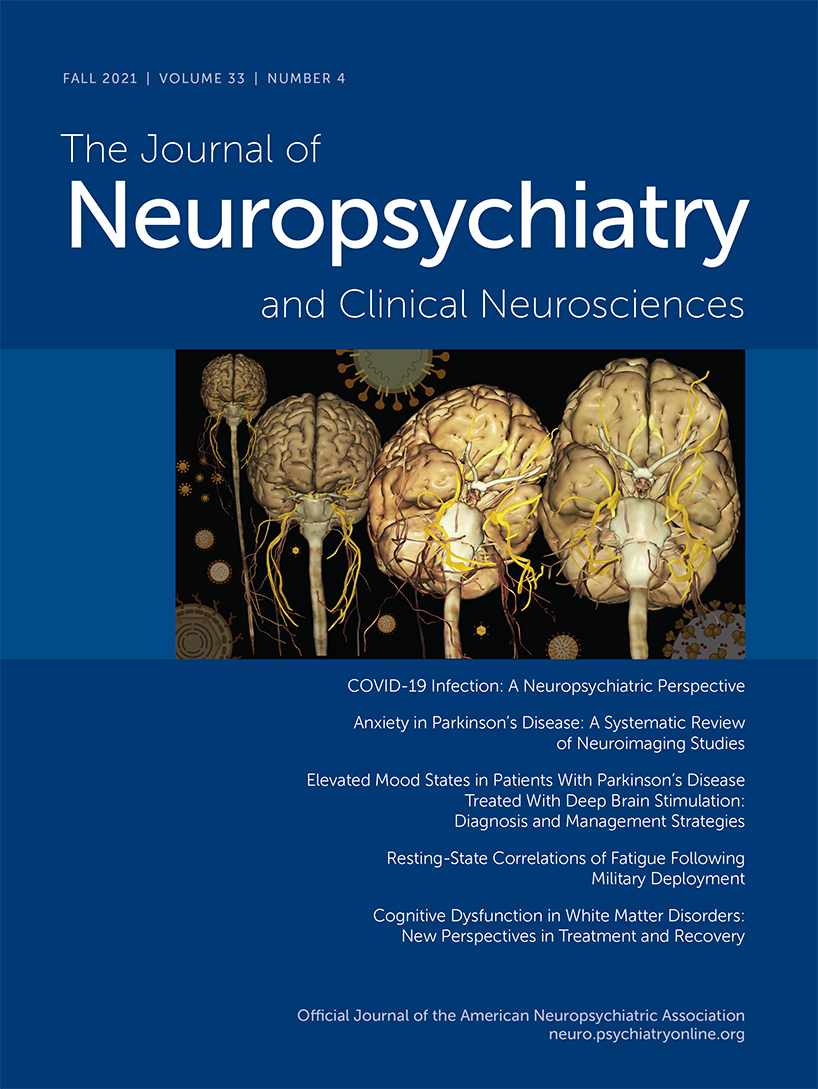Understanding Psychiatric Disorders in Idiopathic and Inherited (Monogenic) Forms of Isolated and Combined Dystonia: A Systematic Review
Abstract
Objective:
The relationship between idiopathic and inherited (monogenic) forms of isolated and combined dystonia and psychiatric disorders remains unclear. In the present review, the authors aimed to provide increased clarity on this association through a systematic review of all controlled quantitative studies using a structured or semi-structured psychiatric interview to diagnose psychiatric disorders in individuals with these conditions.
Methods:
Three databases were searched to identify 20 eligible studies, with a total of 1,275 participants fulfilling inclusion criteria. Eligible articles were quality appraised and divided into four sections (idiopathic forms of dystonia [N=11], early-onset torsion dystonia [N=2], gene mutation positive myoclonus dystonia; DYT-SGCE [N=6], and rapid-onset dystonia-parkinsonism [N=1]).
Results:
For each study, results were grouped into subcategories (overall psychiatric comorbidity, anxiety disorders, mood disorders, substance misuse, and other [personality disorder and cognitive impairment]). For idiopathic dystonia, higher rates of psychiatric comorbidity, including mood and anxiety disorders, were noted when cases were compared with both healthy control subjects and control groups with a medical comorbidity. However, for major depressive disorder and obsessive-compulsive disorder (OCD) specifically, no differences were seen between groups. Study subjects with DYT-SGCE appeared to be at higher risk of psychiatric comorbidity, major depressive disorder, OCD, and alcohol dependence than control populations.
Conclusions:
Overall, the prevalence of psychiatric comorbidity appears to be increased in individuals with idiopathic and inherited (monogenic) forms of isolated and combined dystonia compared with control subjects. This finding is not consistent for all comparisons, and further research is required to understand the nature of these associations and the underlying causative etiologies.



